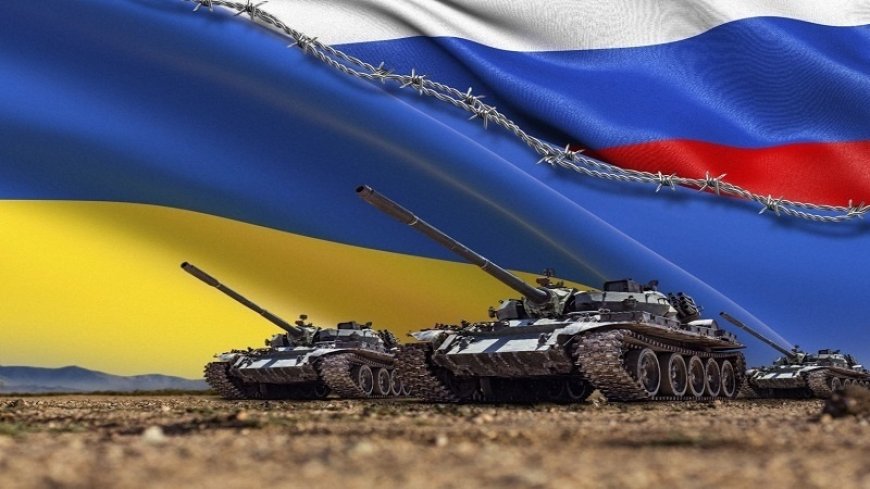Zelensky's Ukraine, from de-Russification to Nazism

Zelensky's regime, which the West supports and considers as a bulwark of democracy and freedom against Russian barbarism, has been planning and implementing for some time a real cultural genocide in line with the spreading, in the structures of the state, of the influence of openly neo-Nazi circles.This reality is generally covered up by the "mainstream" press in Europe and the United States, but declarations and news of radical anti-Russian initiatives sometimes also circulate in the official debate, if only because an identical ultra-reactionary attitude towards of any manifestation of Russian culture or history largely pervades the very views of Western elites.
A very recent proof of the intentions of the Kiev authorities is the interview given by Zelensky's right-hand man, "senior" councilor Mikhail Podoliak, to the RFE/RL (Radio Free Europe/Radio Liberty) network, a propaganda organ controlled and financed by the government American. Podoliak has quietly proposed the "eradication of everything Russian in Crimea" once the Ukrainian regime regains its hands on the peninsula overlooking the Black Sea.
Crimea is historically a territory tied to Russia. Part of the tsarist empire from 1783 and then of the Soviet Union, in 1954 it was unilaterally transferred by Nikita Khrushchev under the control of the Ukrainian Soviet republic. After the far-right coup in Kiev in 2014, Crimean residents overwhelmingly voted in favor of reunification with Russia in a referendum never recognized by the Ukrainian government or the West. Since then, the "international community" continues to demand the return of Crimea to Ukraine, regardless of the historical implications and aspirations of the population. Not to mention the monumental hypocrisy if one compares the story to other situations, such as that of Kosovo.
Returning to Podoliak's interview, the latter explained in detail Kiev's plans in view of the unlikely reconquest of Crimea, while explaining some of the reasons why the peninsula left Ukraine for Russia now nine years ago. Residents of Crimea, to begin with, will no longer be able to read Russian literature or watch Russian films. Furthermore, the Russian language cannot be spoken in public and all those who do not comply with the regime's directives will have to leave the country.A very harsh repression awaits those who will be deemed "collaborators" or "traitors", while those who, for whatever reason, have changed their citizenship from Ukrainian to Russian will be subject to investigations and "legal measures".
It is easy to understand how serious the threats are, given that retaliation and violence have already been documented against alleged collaborators in Ukrainian localities from where the Russian armed forces had withdrawn in recent months. As has already happened in these cases, even a possible similar scenario in Crimea would involve paramilitary groups and neo-Nazi militias to restore order, or carry out revenge and repression against the majority of the Russian-speaking population or simply hostile to the Zelensky regime.
Podoliak's words must be linked to the effort by the Ukrainian authorities to liquidate all symbols of the Russian language, culture and historical heritage, which accelerated dramatically after the start of military operations in February last year. Through legislation or simple local initiatives, this campaign has reached absurd and senseless levels, such as the elimination of millions of books by Russian authors from libraries and other public institutions in Ukraine, with no regard for the complex and deep historical and familial ties between the two countries and their respective populations.













































